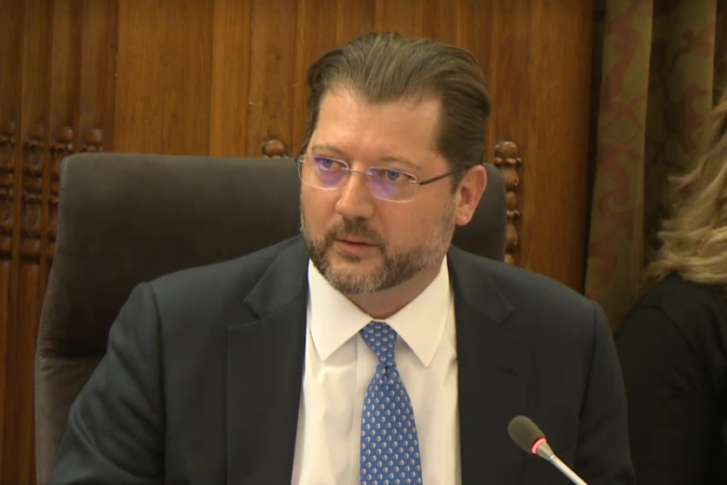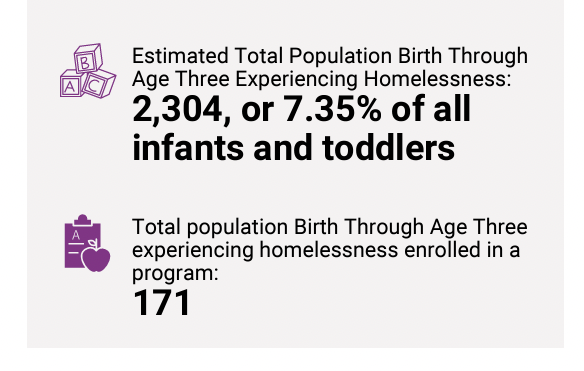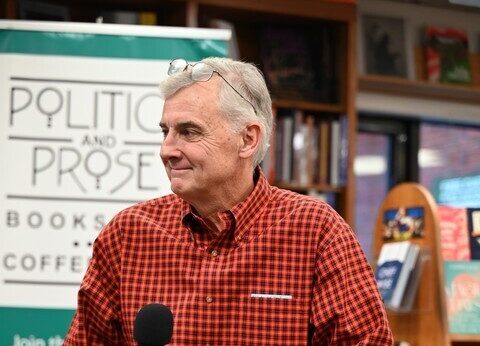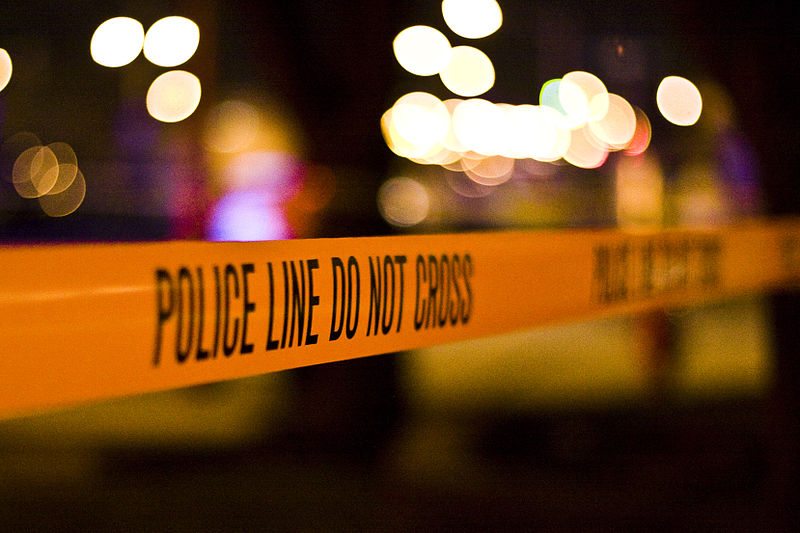Nearly 30 people testified Monday during the Committee on Education Performance Oversight Hearing led by Committee Chair David Grosso. District residents, along with the Public Charter School Board and the Deputy Mayor for Education, testified during the hearing.
Several of the testimonies raised the issue of exclusionary discipline in District schools. Renee Murphy, supervising attorney at the Children’s Law Center, called the high rates of suspensions and expulsions in District schools a crisis.
Data gathered by the Office of the State Superintendent of Education (OSSE) showed that students were 2.7 times more likely to be suspended if they were considered at-risk, a category that includes children who receive TANF or SNAP benefits, children in foster care, children who are homeless and youth in high school who are overage for their grade. Homeless students were 2.5 times more likely to be suspended, and children in foster care because of past abuse or neglect were 2.9 times more likely to be suspended.
Grosso responded to testimony on exclusionary discipline by asking how teachers in D.C. schools are being trained on implicit bias.
“When we suspend students for more subjective things like disrespect or insubordination, disruption of the class, it tends to target what we’ve come to understand as unconscious bias, implicit bias, students of color more often than not,” Grosso said. “If you understand the data, then you can’t deny it. Then you can’t say that we didn’t know that this was happening.”
In November 2017, Councilmember Grosso introduced a bill aimed at reducing exclusionary discipline practices in D.C. schools.
Marlana Wallace, a policy analyst at D.C. Fiscal Policy Institute, testified on the issue of poverty in District classrooms.
Wallace described a critical need for funding of Out-of-School Time programs, specifically to provide low-income students with enriching time opportunities before and after school. Earlier this year, the deputy mayor for education, Jennifer Niles, launched a new office dedicated to expanding these programs. Wallace requested that Mayor Bowser and the DC Council invest $25 million in Out-of-School Time programs.
Caryn Ernst, member of the Cross-Sector Collaboration Task Force, testified on recommendations of the task force to redistribute at-risk students to different schools. The recommended policy, to provide a preference in the lottery for at-risk students, was shown to benefit only 600 of the 40,000 at-risk students in the District school system. The task force, Ernst said, spent little time identifying ways to replicate educational approaches that have proved successful in improving achievement of at-risk students.
Lecester Johnson, CEO of Academy of Hope Adult Public Charter School, testified on the barrier of transportation costs that hinder low-income adult learners’ ability to get to school. Deputy Mayor Niles recently partnered with the District Department of Transportation (DDOT) to launch the Adult Learner Transportation Subsidy Pilot Program, which from Jan. 1 to June 2018 will provide adult and alternative learners with $50 per month for transportation costs, with the goal of improving attendance rates. Johnson called for DDOT to continue the pilot program for a full school year.
Grosso asked Scott Pearson, Executive Director of the DC Public Charter School Board, whether the city is doing enough to improve learning outcomes for at-risk students in District schools. Pearson responded that he could not say.
“That’s a no, I would imagine,” Grosso said. “I don’t know that we ever can, but there is more we could do.”








